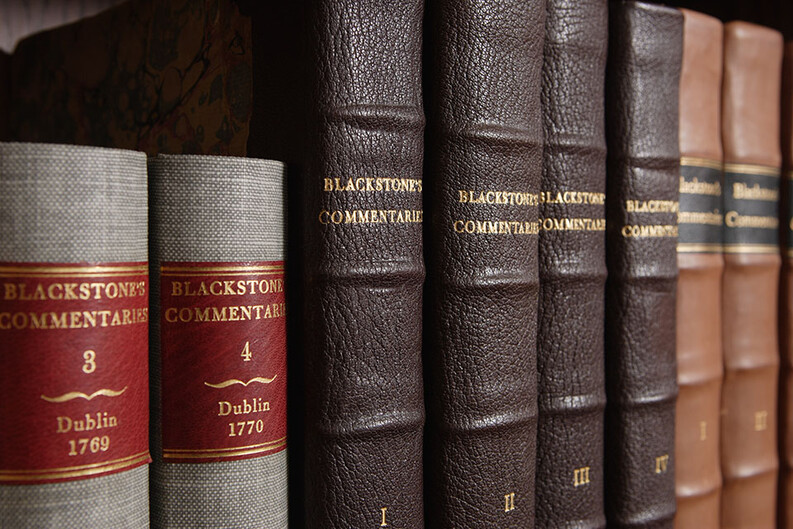Administrative Law Roundtable Gathers Early-Career Scholars

In September, 14 early-career legal scholars and 13 senior commenters gathered for the annual Administrative Law New Scholarship Roundtable, this year hosted by Yale Law School.
Though originally planned to be held in person, the conference was held online due to COVID-19 restrictions, with four online discussions of six to seven participants each.
“The roundtable gives early-career scholars working in administrative law an opportunity to discuss their current work with more senior scholars in the field and with each other,” said William K. Townsend Professor of Law Nicholas R. Parrillo ’04, who organized the conference.
Subjects being researched by the authors “reflect the wide range and high stakes of administrative governance in the United States today,” Parrillo said, and include unpredictability in immigration enforcement decision-making, racial and gender inequity in consumer safety regulation, and the role of agency-sponsored public deliberation in societal attitudes toward new medical and reproductive technologies.
Andrea Scoseria Katz ’16, Associate Professor of Law at the Washington University School of Law, presented a paper with Noah A. Rosenblum of NYU Law about the unitary executive theory of the American presidency titled, “The Origins of the Administrator-in-Chief: Myers and the Progressive Presidency.”
“I know folks missed the ‘water cooler’ aspect, given the distance, but I thought we had a great discussion,” Katz said.
Several of the subjects discussed in this year’s roundtable underscore administrative law’s status as “constitutional law at the retail level,” according to Parrillo, including the after-effects of Supreme Court separation-of-powers litigation on how the government grants patents, the capacity of the White House to control supposedly “independent” agencies through their chairs, and shifts in the political and academic coalitions that have supported or resisted presidential power.
“The aim is not only to let early-career scholars develop their research but also to help them forge academic relationships with the community of scholars who work in the field,” Parrillo said.


